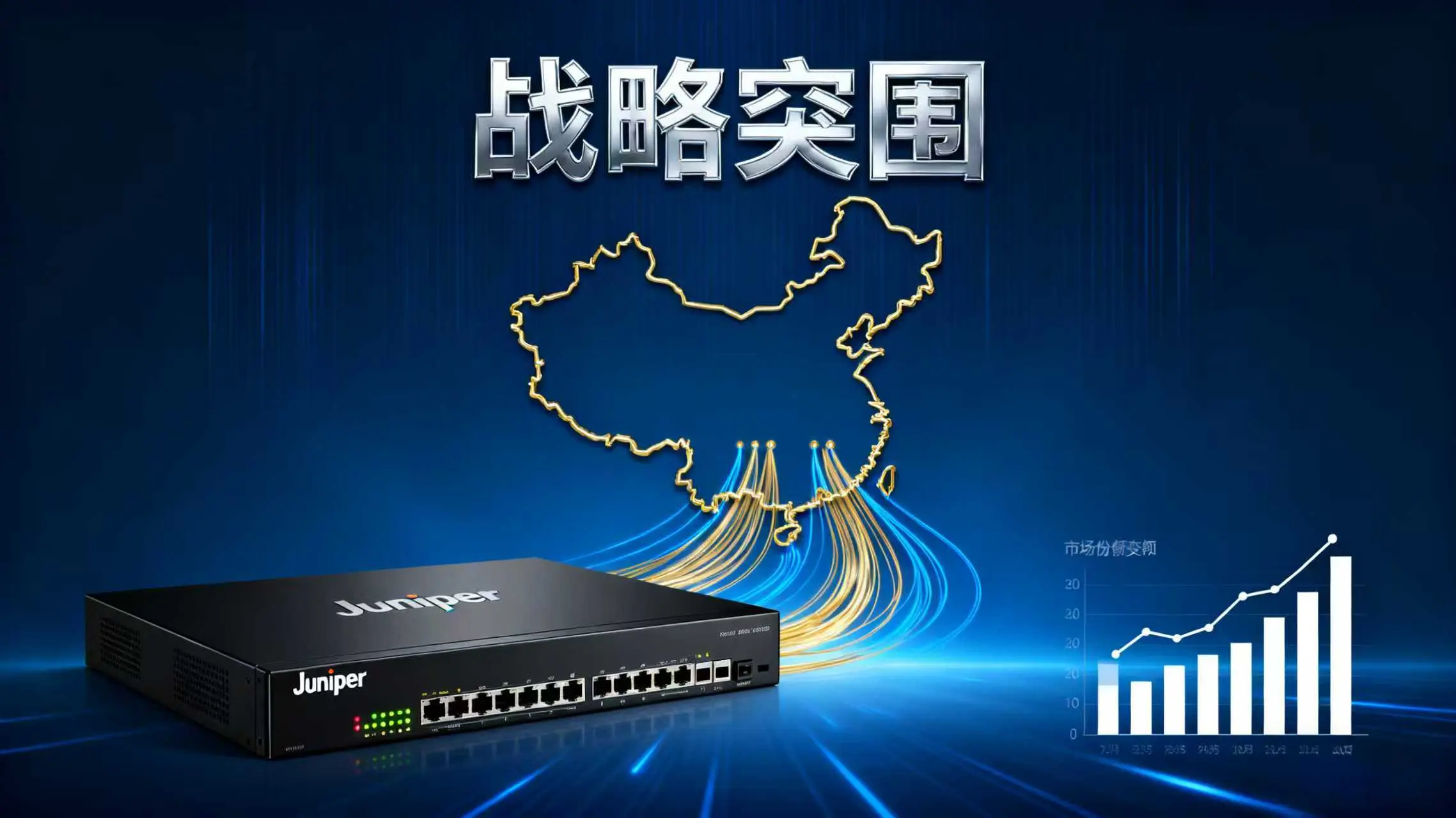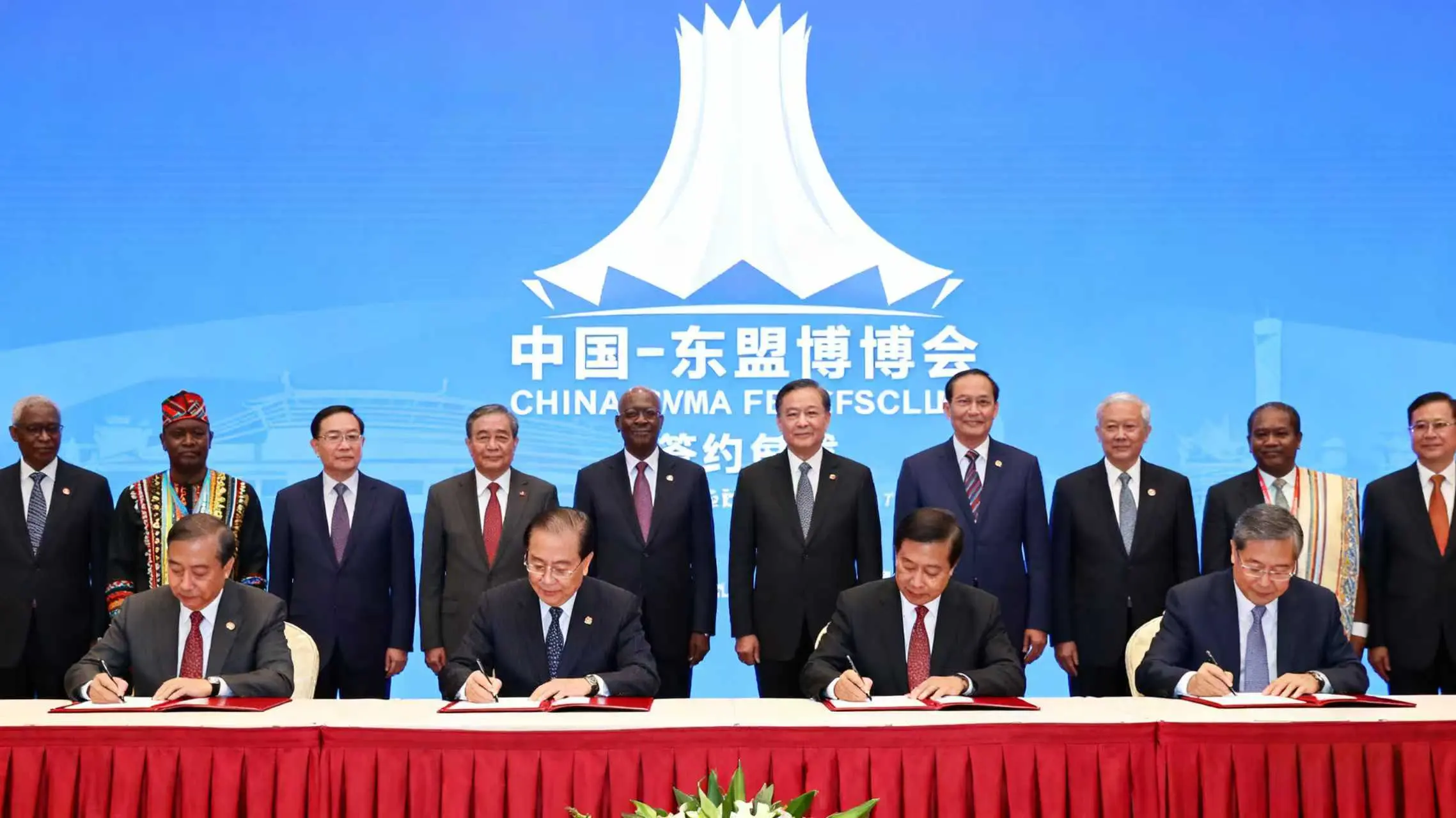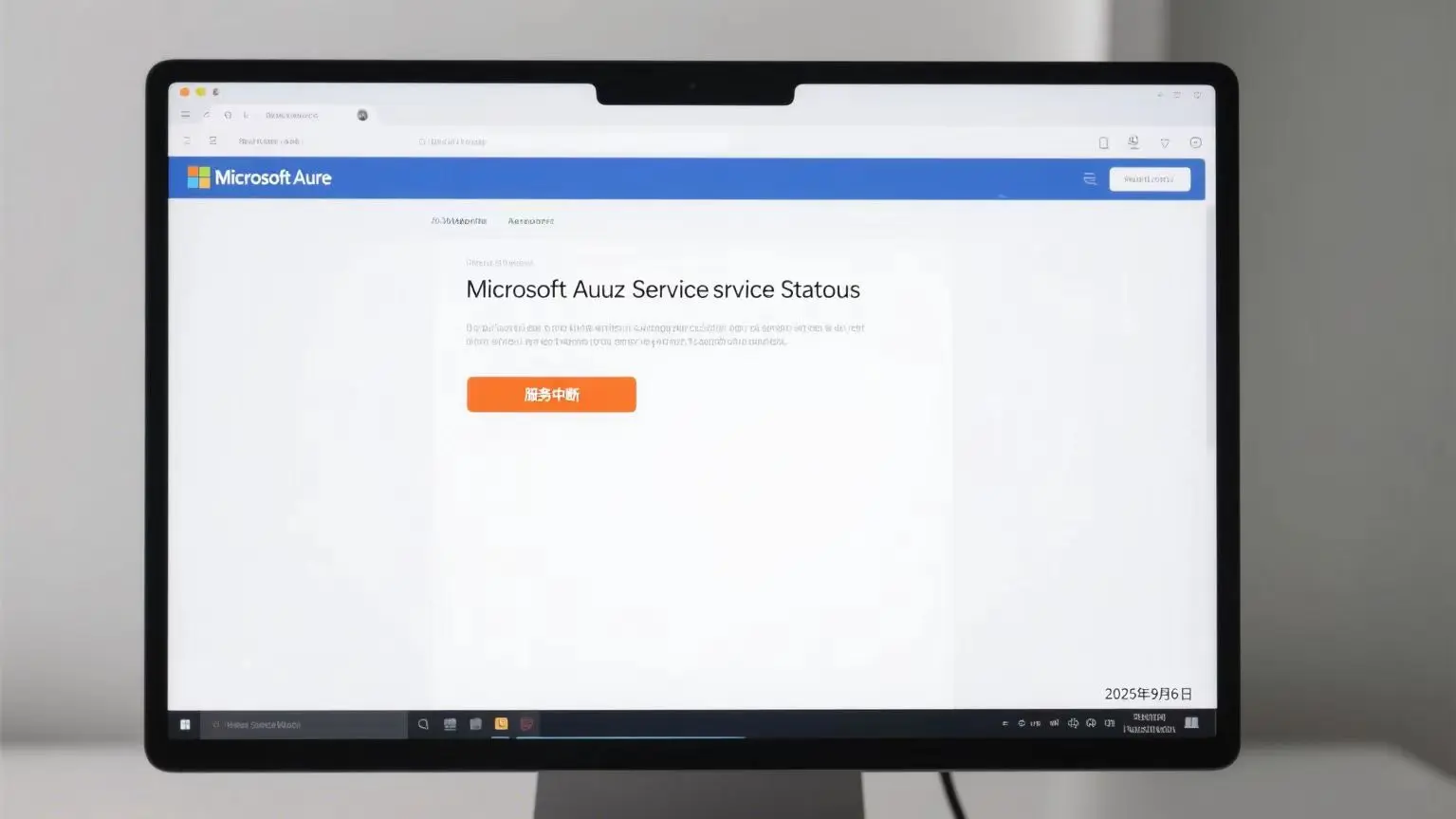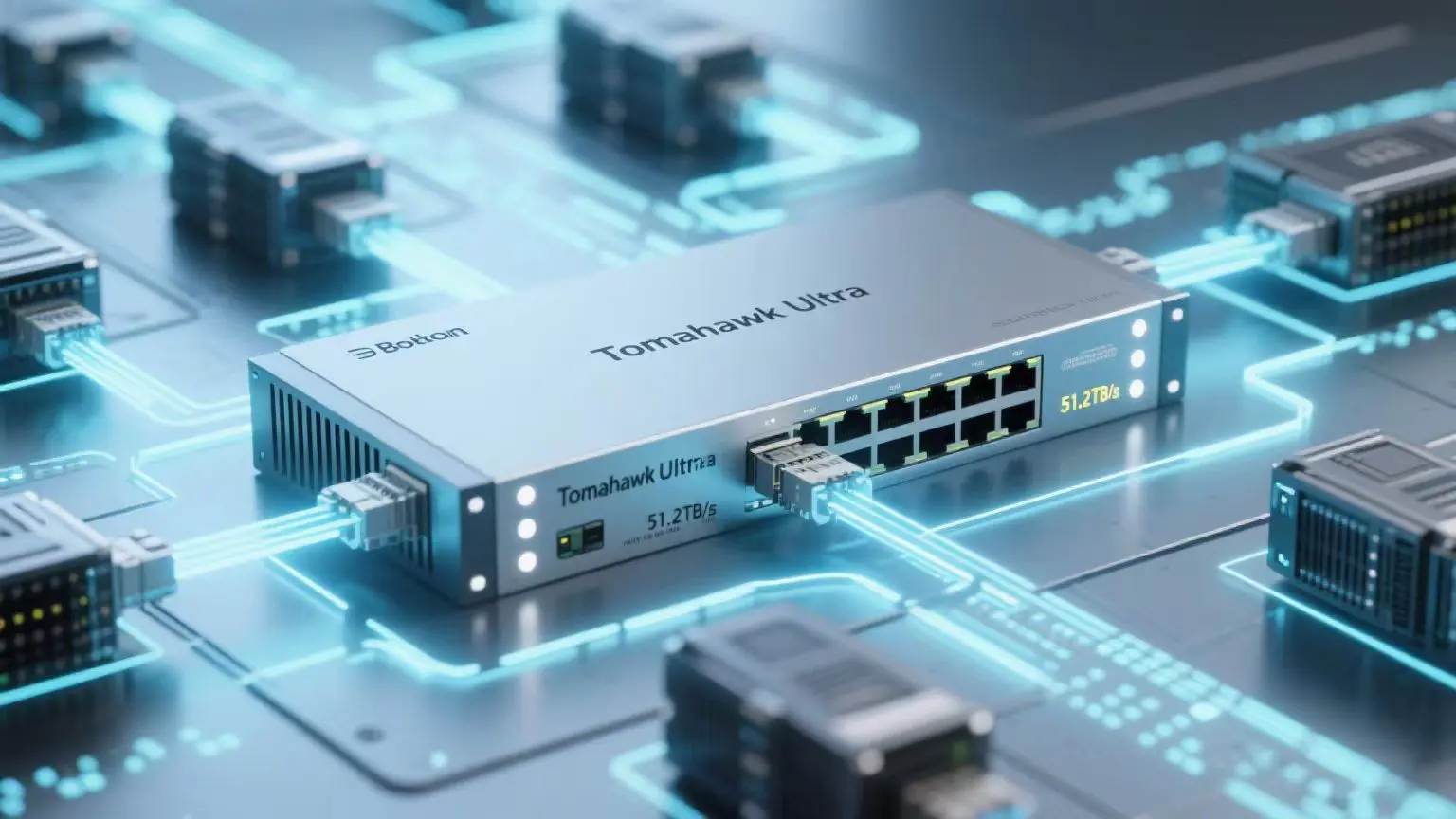US Announces Tariff Exemptions for Network Equipment and Servers, Stirring Up Changes in Foreign - trade Landscape
Recently, a piece of news that has attracted widespread attention in the global foreign - trade market has emerged. The US Customs and Border Protection (CBP) has announced tariff exemptions for key products such as network equipment and servers, which is seen as a significant policy adjustment that may reshape the foreign - trade pattern of related industries.
At 10:36 p.m. Eastern Time on April 11, 2025, the CBP, based on the memorandum "Clarification of Exception Provisions of Executive Order 14257, April 2, 2025 (as Amended)" signed by President Trump on the same day, further guided the previous executive order on imposing additional tariffs on imported goods. The announcement clearly states that from 12:01 a.m. on April 5, products such as computers, servers, and wireless communication devices (such as base stations and routers) will enjoy tariff - exemption policies when they enter the consumer stage or are withdrawn from warehouses for consumption.
However, this exemption is not unconditional. The product exemption list released on the White House official website shows that if the "US - made components" in goods from any country account for 20% or more of the total customs - declared value of the imported goods, the "US - made components" will not be subject to additional tariffs, and only the "non - US components" will be subject to equivalent tariffs. This condition sets a threshold, but also brings new opportunities for many related enterprises.
For Chinese - related enterprises, this is undoubtedly a major boon. Take ZTE as an example, its 5G base - station equipment, which belongs to the network equipment within the scope of this exemption, and some of the equipment uses US - made chips and other components. If ZTE can reasonably plan its supply chain to make its products meet the proportion requirement of "US - made components", it can significantly reduce the import cost of core components, so as to accelerate the expansion of the global market, especially in the highly competitive US market. Similarly, server manufacturers also have a great opportunity to expand their US business. Reasonably allocating US - made components in the supply chain can effectively reduce the tariff burden and enhance the international competitiveness of their products.
Nevertheless, not all related products can enjoy this preferential policy. Unfortunately, server cabinets are not included in this exemption list. This means that server cabinets of Chinese origin will still face a high - tariff of 170% when exported to the United States. The export pressure of related enterprises remains huge, and they still need to find other ways to relieve cost pressure and maintain market share in the short - term.
From the overall perspective of the industry, the introduction of the US tariff - exemption policy reflects a major adjustment in its trade policy. US domestic tech companies are highly dependent on the global supply chain. The previous high - tariff policy has not only greatly increased the operating costs of enterprises, but also had many negative impacts on US consumers and the development of related industries. At the same time, China has developed a strong industrial strength in the manufacturing of network equipment and servers, occupying an important position in the global supply chain. The US's tariff exemption for related products is a manifestation of its difficult search for a balance between its own industrial needs and trade policies.
It is worth noting that according to the foreign - trade data for the first quarter of 2025 released by the General Administration of Customs of China on April 14, China's goods trade export volume was 6.13 trillion yuan, an increase of 6.9%, of which the export of mechanical and electrical products increased by 7.7%, and the export of laptop computers, electronic components and other products increased significantly. The US tariff - exemption policy is expected to give a further boost to the export of Chinese network equipment and server - related products. In the coming period, related enterprises are likely to gain more market share in trade with the United States. However, enterprises also need to pay close attention to the follow - up changes of the policy and the challenges brought by the proportion of "US - made components" to the supply - chain adjustment.
Industry insiders have analyzed that although the tariff - exemption policy brings short - term significant benefits to related enterprises, in the long - term, the international trade situation is still full of uncertainties. Only by unswervingly strengthening technological innovation, continuously improving their core competitiveness, and actively optimizing the supply - chain layout can enterprises calmly deal with policy changes and complex market risks that may occur at any time. How the US tariff - exemption policy will reshape the global foreign - trade pattern of network equipment and servers remains to be seen.










